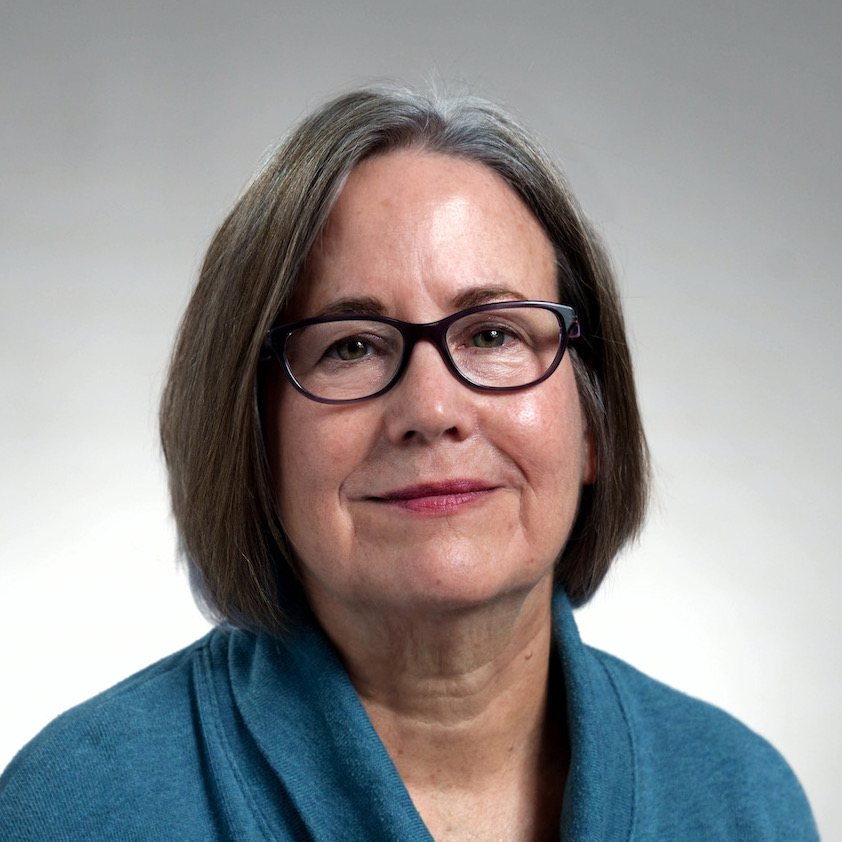The recent chemical spill in West Virginia, which contaminated the drinking water of 300,000 people, became another occasion when federal agencies shut the door on reporters seeking answers, fueling public anxiety with their silence.
But after complaints from journalism organizations, including AHCJ, the U.S. Centers for Disease Control and Prevention this week issued a mea culpa and a pledge “to work to reach that critical balance between accuracy and timely release of information the public expects and needs to protect their health.”
The CDC told West Virginia health officials on Jan. 15 that pregnant women should not drink the water until the chemical, called Crude MCHM, was at “nondetectable levels.” Reporters from the Charleston (W.Va.) Gazette had a lot of questions about this order – but could get no answers from the CDC press office.
As AHCJ member Paul Raeburn reported Jan. 16 in the Knight Science Journalism Tracker, Gazette reporter David Gutman managed to reach CDC Director Tom Frieden at home – but Frieden referred him back to the unresponsive press office.
Raeburn contacted AHCJ’s Right to Know Committee. RTK chair Irene Wielawski immediately emailed Raeburn’s post to the assistant secretary of public affairs for the Department of Health and Human Services, which oversees CDC, requesting action on the impasse. She was referred to HHS press officer Mark Weber, who was overseeing the federal media response. He told her that a media conference call had been scheduled for that afternoon (Jan. 16). In a follow-up call, he acknowledged that CDC had been slow to recognize the “urgency” of getting more detailed information about water safety to people in the affected area, and that the media call was an effort to correct this.
But reporters continued to encounter problems through the weekend. On Monday, the Society of Environmental Journalists and the Society of Professional Journalists wrote to Frieden and the administrator of the Environmental Protection Agency complaining about the stonewalling.
“In crises like these, it’s imperative for government and those entrusted with the public’s welfare to inform people promptly and continually about what they know – and what they don’t,” the SEJ/SPJ letter said. “Too often, in the interest of preventing panic or confusion, government agencies clamp down on their communication with the news media and the public. As happened in this case, a parsimonious public-affairs strategy all too often backfires, feeding people’s fear and distrust of government.”
On Wednesday, a CDC subject-matter expert finally spoke with The Charleston Gazette. Vikas Kapil, D.O., chief medical officer for the CDC’s National Center for Environmental Health, acknowledged that “government officials could have moved more quickly in issuing an advisory that pregnant women drink only bottled water” and “could have communicated the uncertainties more carefully,” according to Gazette reporter Ken Ward Jr.
Also on Wednesday, CDC’s director of public affairs, Barbara Reynolds, replied to the SEJ/SPJ letter, acknowledging the importance of “early, complete and on-the-record information released to the public through the media” and “timely and direct communication even when we may not readily have answers to the very questions the public want answered.”
“I wish I could say that all of the competing needs were met immediately during this response by all members involved, but that is not true,” Reynolds wrote. “We share your sense of urgency and commit to examining our processes to fulfill our commitment to good public health.”
Wielawski welcomed the CDC’s response, but lamented that the outcry from media groups was necessary. “Government health officials should not have to be reminded that public communication is central to their mission, especially in a time of crisis,” she said. “No one is served by silence. We appreciate the CDC’s response this week, however belated – and we look forward to the promised improvements in providing essential health and safety information to the media and the public.”
The incident illustrates the important role that media organizations can play in advocating for reporters in the field. Previously, AHCJ worked with the Association of State and Territorial Health Officials (ASTHO) and the National Association of County and City Health Officials (NACCHO) to develop guidelines for releasing information during public health emergencies.
AHCJ members encountering difficulties accessing information should contact RTK chair Wielawski at imw@cloud9.net or vice chair Felice Freyer at felice.freyer@cox.net.





